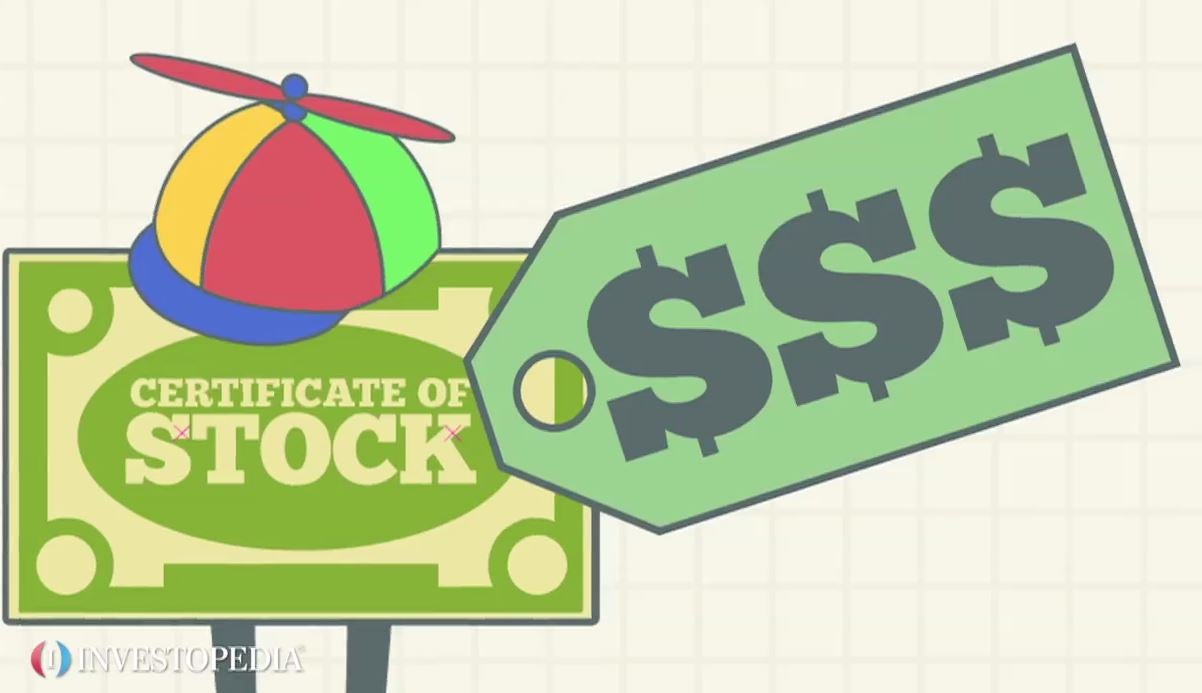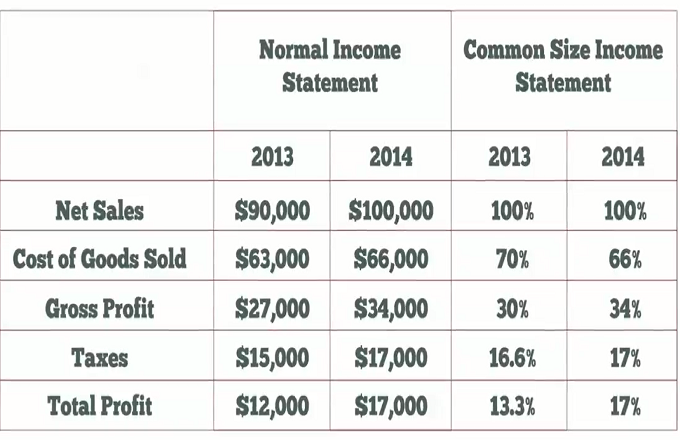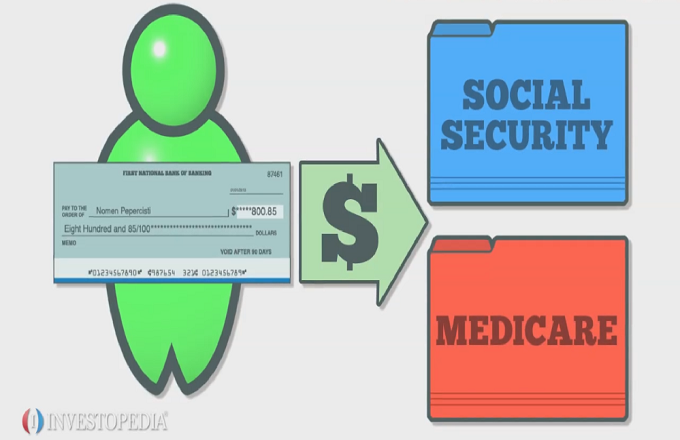The Sarbanes-Oxley Act of 2002 is a legislative response to a number of corporate scandals that sent shockwaves through the world financial markets. Some of the biggest issues involved Enron, Tyco and WorldCom. The Sarbanes-Oxley Act, commonly referred to as SOX, attempts to strengthen corporate oversight and improve internal corporate control.The main purpose of SOX is to protect shareholders from fraudulent representations in corporate financial statements. Investors need to know that the financial information they rely on is truthful, and that an independent third party has verified its accuracy. SOX is a long and complicated law, but it has a few key provisions. Section 302 requires that corporate management certify that they have reviewed the financial statements and that they are accurate and truthful. Section 401 requires that financial information include disclosures about any relevant off-balance sheet obligations that may exist. Section 404 requires management to state whether or not the company’s internal control procedures are adequate and effective. Section 404 had costly implications for publicly traded companies as it is expensive to establish and maintain the required internal controls. Section 409 requires management to update the public of significant financial matters when they happen, rather than wait until the quarterly or annual report. Section 802 imposes penalties for violations of the SOX rules, which can include fines or even jail time.





